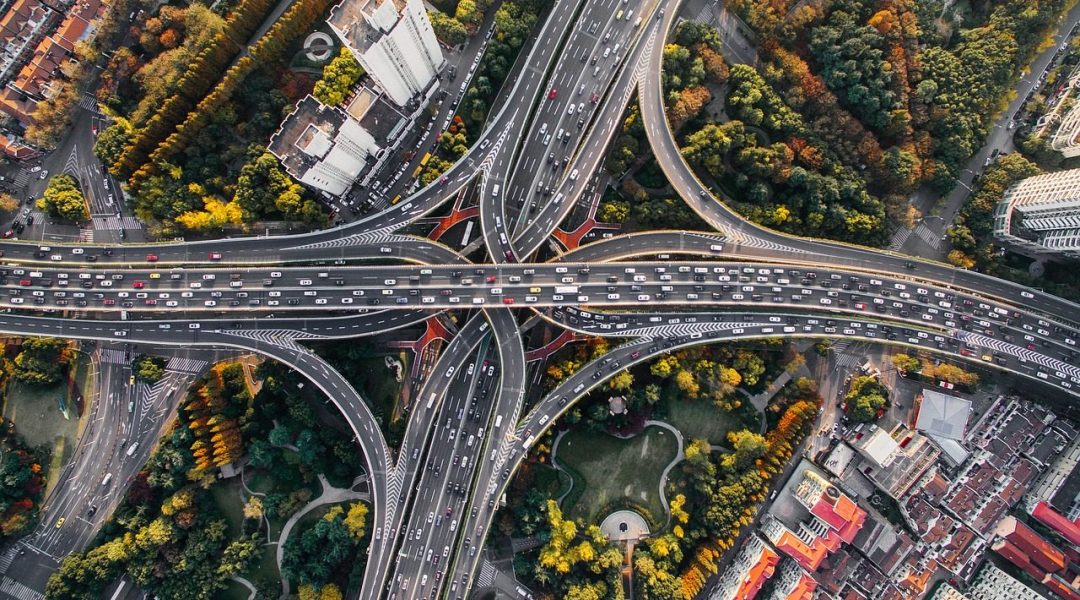Travel and transport are major contributors to climate change, with 11% of the rise in carbon emissions from 2000 to 2010 being attributable to transport. Indeed, as developing world economies grow, personal motor transport and the demand for both domestic and international air transport is expected to grow significantly. However, an understanding of this growth in emissions is complex; it involves different kinds of travel (commuting, travel on business, and leisure and tourism travel), travel modes that frequently cross international boundaries, and impacts that go far beyond emissions from specific transport modes (such as the growth in service industries to support international tourism).
Given this complexity, it’s important that both researchers and policy makers begin to understand the many social and economic factors that drive carbon-intensive travel, and the ways in which this could be avoided through behavioral change or more systemic changes to infrastructure, planning and the tourism industry. Yet changing personal travel behaviour in response to climate change represents a major challenge for social scientists and practitioners given the embedded nature of mobility in daily life. Attempts to understand, govern and promote more sustainable mobility have tended to focus mostly on individual decision making and incremental shifts in behavior, such as reduced car use and increased walking, cycling and public transport use. Indeed, the development of ‘smart’ travel and the use of technology to enhance individual decision making is one way in which governments and businesses are trying to change individual behaviors.
A recent review in WIREs Climate Change responds to these developments by arguing that researchers and practitioners need to re-consider their understanding of personal mobility to explore how travel can also be understood as something intimately connected to historic, economic and cultural influences. In so doing the review proposes that researchers need to focus their attention on two major challenges that constitute underpinning obstacles for promoting long-term shifts in personal mobility: the ways in which cities are governed, designed and regulated to promote ‘hyper-mobility’ rather than dwelling; and the formidable problem of reducing personal carbon emissions from a growing international tourism industry. In addressing these two challenges, the paper argues for a new intellectual agenda that places personal wellbeing at the centre of efforts to promote shifts towards low carbon mobility practices. Such (radical) shifts include reducing the demand for travel, an emphasis on valuing place dwelling, the promotion of more ‘active’ travel (e.g. walking and cycling) and ‘slow tourism’ (such as valuing the journey, as well as the destination). In short, this review asks why we travel so much; and why we don’t travel well.
Kindly contributed by Stewart Barr.

















